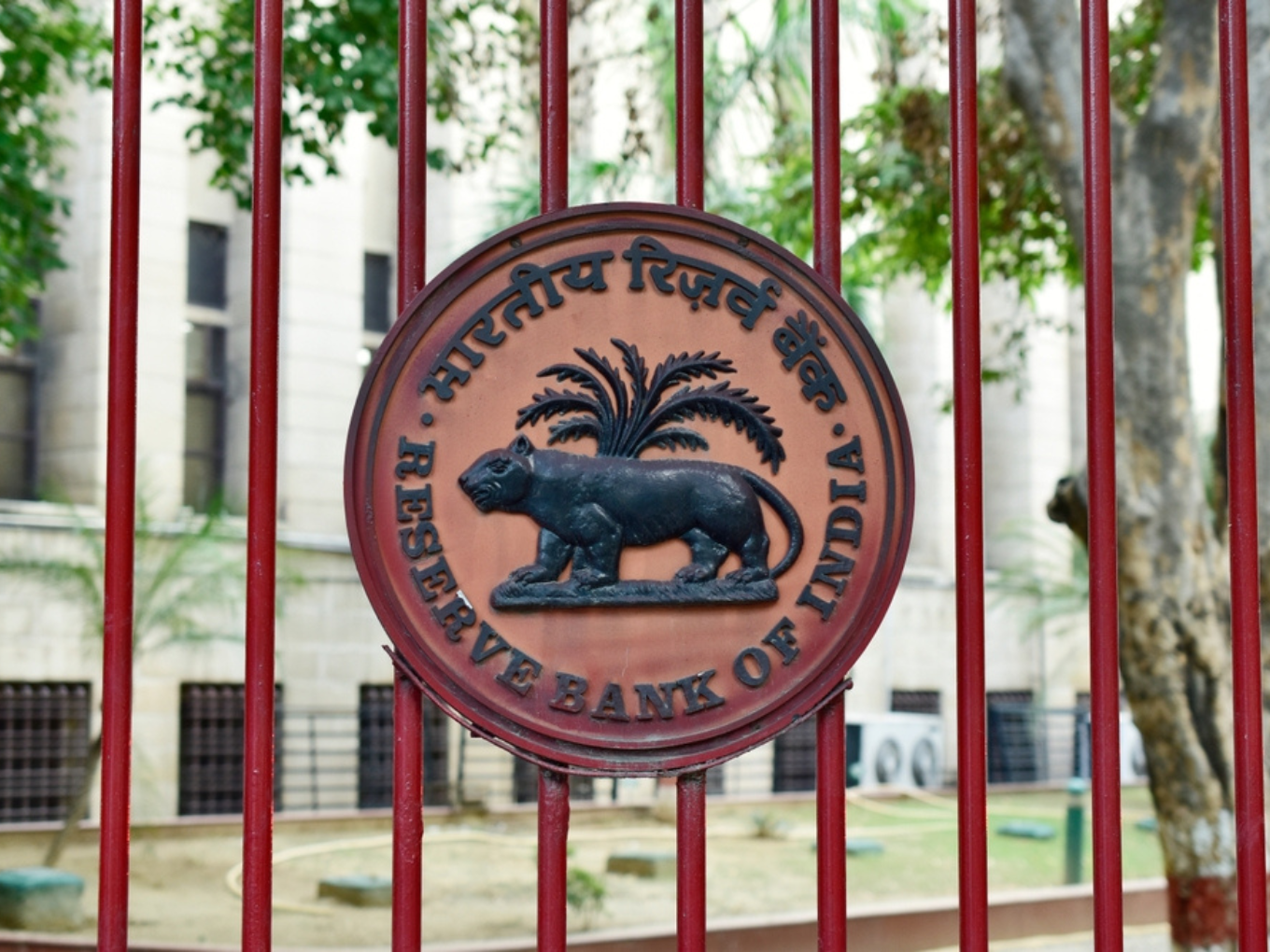SUMMARY
This comes after the central bank has found instances of retail customers using credit cards to pay rent and tuition fees via third-party apps
However, in the above case, the payment can be categorised under Business Payments Solution Provider (BPSP)-type retail transactions, which is beyond the purview of the licence of these third-party apps
This development is in alignment with the central bank’s decision to bar Visa from offering its BPSP facility last month
Days after it has directed global payment giants Visa and Mastercard to suspend card-based commercial transactions, the Reserve Bank of India (RBI) has now started clamping down on peer-to-peer (P2P) credit card payments made via third-party service providers.
This comes after the central bank has found instances of retail customers using credit cards to pay rent and tuition fees via third-party apps, The Hindu BusinessLine reported.
These third-party players, usually fintechs, enable customers the credit card payments to their authorised merchant account. They then transfer the amount instantly to the bank account of the recipient (for instance a landlord in case of rent payments) in exchange for a commission.
“Credit card transactions are only meant to be between merchants and customers (P2M). If funds are being routed through an escrow account operated by a third party, it bypasses the regulations and will not be allowed,” the report said, citing an official close to the matter.
Another official told BusinessLine, “Funds that are being routed through a third party, in any unauthorised way, are attracting scrutiny.”
These third-party transactions are contrary to the credit card norms which define a credit card as a physical or virtual payment instrument issued with a pre-approved revolving credit limit, that can be used to purchase goods and services or draw cash advances.
However, in the above case, the payment can be categorised under Business Payments Solution Provider (BPSP)-type retail transactions, which is beyond the purview of the licence of these third-party apps.
Currently, fintechs such as CRED, OneCard and NoBroker provide this service. CRED holds a TPAP (Third Party Application Provider) license from NPCI and has requested a PA (Payment Aggregator) license from RBI. On the other hand, OneCard functions as a co-branded card issuer.
These entities impose a fee ranging from 1.5% to 3% on these transactions, along with Goods and Services Tax (GST). For instance, if someone pays rent of INR 25,000 using a credit card, they would incur extra charges totalling INR 400-600. Similarly, for a payment of INR 35,000, the additional fees would amount to INR 550-850.
This development is in alignment with the central bank’s decision to bar Visa from offering its BPSP facility last month. Under this facility, businesses could make card payments through intermediaries (usually fintechs), to entities that do not otherwise accept card payments.
At that time, the RBI conveyed, “Under this arrangement, the intermediary accepts card payments from corporates for their commercial payments and then remits the funds via IMPS/RTGS/NEFT to non-card accepting recipients.”
Disclaimer
We strive to uphold the highest ethical standards in all of our reporting and coverage. We StartupNews.fyi want to be transparent with our readers about any potential conflicts of interest that may arise in our work. It’s possible that some of the investors we feature may have connections to other businesses, including competitors or companies we write about. However, we want to assure our readers that this will not have any impact on the integrity or impartiality of our reporting. We are committed to delivering accurate, unbiased news and information to our audience, and we will continue to uphold our ethics and principles in all of our work. Thank you for your trust and support.



![[CITYPNG.COM]White Google Play PlayStore Logo – 1500×1500](https://startupnews.fyi/wp-content/uploads/2025/08/CITYPNG.COMWhite-Google-Play-PlayStore-Logo-1500x1500-1-630x630.png)